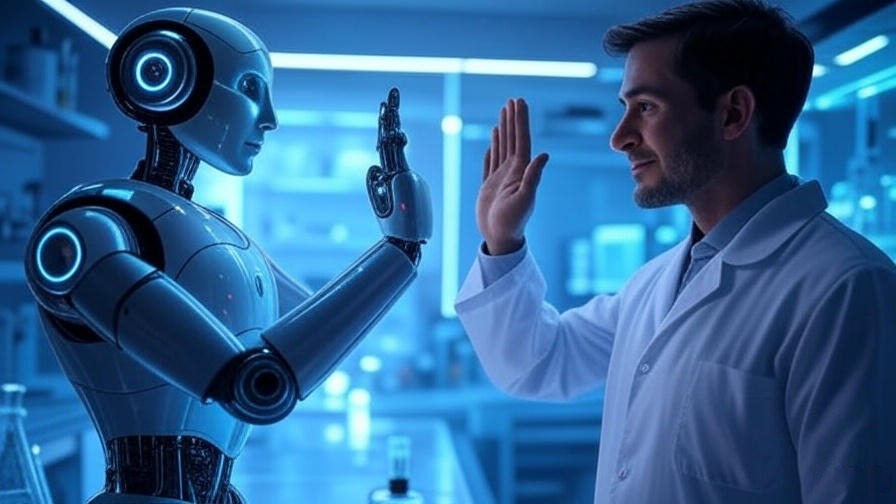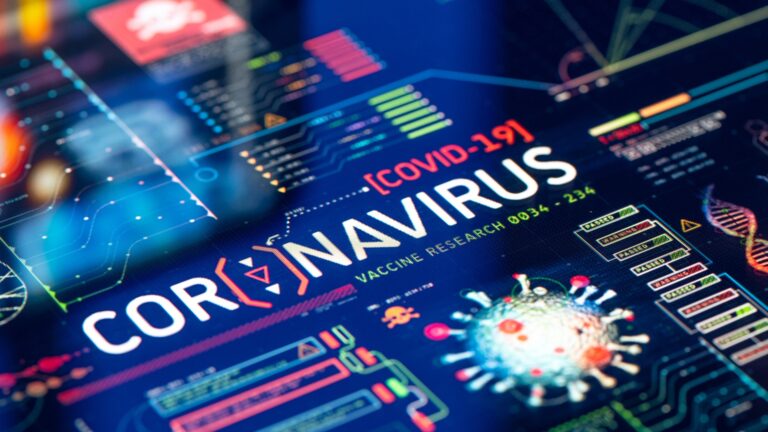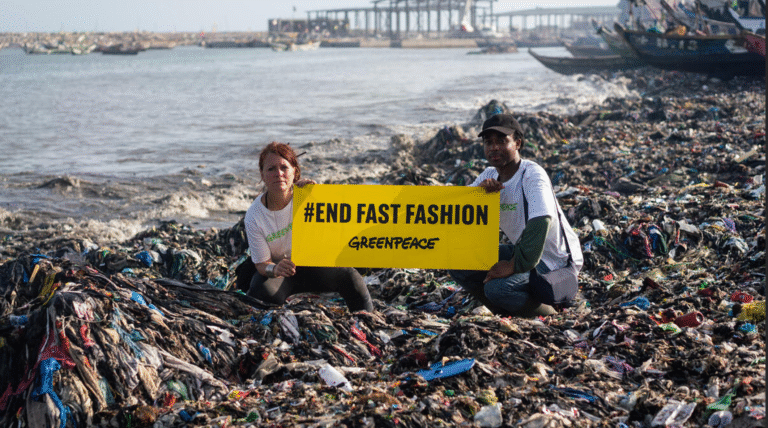Discover how AI-powered cancer detection is flipping healthcare with next-gen artificial intelligence! Get the lowdown on life-saving tech, real-world wins, and a future that’s totally lit for cancer research and early detection. 🚀
1. Why AI is the Coolest Cancer-Fighting Sidekick Ever 🦸♂️
Yo, picture this: artificial intelligence swooping in like a superhero to zap cancer before it even knows what’s up! With machine learning and deep learning as its trusty gadgets, AI chows down on X-rays, MRIs, and DNA like it’s binge-watching Netflix. The result? Catching cancer faster than you can say “new TikTok trend.”
The real tea? AI’s a beast at medical imaging. It uses fancy stuff like convolutional neural networks (CNNs) to spot sneaky cancer signs that even top docs might miss. One study showed AI schooling radiologists at finding breast cancer in mammograms [1]. It’s like, “Step aside, humans—AI’s got this!” 😜 Faster, sharper, and low-key iconic—this is how AI-powered cancer detection is serving looks and lives.
Table 1: Old-School Docs vs. AI Superstars
| Method | Accuracy | Speed | Cost Vibes |
|---|---|---|---|
| Classic Radiology | ~85% | Snail Pace 🐢 | Big Bucks 💸 |
| AI Detection | ~94% | Zoom Zoom ⚡ | Wallet-Friendly 😎 |

2. AI’s Real-World Glow-Ups: Saving Lives with Swagger 💪
AI isn’t just flexing in labs—it’s out here doing the most in the real world. For skin cancer, Stanford’s AI crew built a system that’s basically a dermatologist with a PhD in cool, spotting melanoma like it’s no biggie [2]. Then there’s lung cancer, where Google’s AI squad teamed up with Northwestern to slay CT scan detections better than humans [3]. And don’t sleep on breast cancer—AI’s catching it early, giving folks a legit shot at kicking cancer’s butt!
These aren’t just stats—they’re vibes. Real people are winning because AI’s got their back. Whether it’s a quick pic of a mole or a deep lung scan, AI-powered cancer detection is the ultimate hype man for healthcare. 🙌
Table 2: AI’s Victory Lap Across Cancer Types
| Cancer Type | AI Tech | Accuracy |
|---|---|---|
| Breast | CNNs | 94% |
| Skin | Deep Learning | 91% |
| Lung | Machine Learning | 95% |

3. What’s Next for AI in the Cancer Fight? Spoiler: It’s Wild! 🌌
Hold onto your AirPods, ‘cause the future of AI-powered cancer detection is straight-up cosmic. Imagine AI peeking at your DNA and being like, “Yo, here’s your cancer risk—let’s shut it down!” Or picture precision medicine crafting treatments that vibe perfectly with your body. It’s like AI’s your personal health DJ, mixing the ultimate cancer-fighting playlist. 🎶
But, real talk—there’s some drama. Data privacy? Kinda sus—who’s snooping on your info? And AI needs human babysitters to keep it from going full chaotic neutral [4]. Still, the potential is giving main character energy. The World Health Org says AI’s about to level up healthcare big time, and we’re here for it [5].
Table 3: Future AI Moves in Cancer Detection Vibes
| Future Trick | Hype Level |
|---|---|
| Personalized Medicine | Total Game-Changer 😍 |
| Risk Prediction | Proactive AF 🔥 |
| Better Diagnostics | Life-Saving Legend 🌟 |

Conclusion: AI’s Got the Sauce to Slay Cancer! 🎉
AI-powered cancer detection isn’t some sci-fi fever dream—it’s here, it’s queer (for saving lives), and it’s making healthcare hotter than a summer TikTok trend. From sharper scans to predicting cancer like a psychic, AI’s flipping the script. For Gen Z and millennials, this tech’s not just rad—it’s personal. It’s our shot at a healthier, vibier future. So, spill the tea: how’s AI gonna keep owning the cancer fight? Drop your thoughts below! 👀
References
[1] S. M. McKinney et al., “International evaluation of an AI system for breast cancer screening,” Nature, vol. 577, no. 7788, pp. 89–94, Jan. 2020.
[2] A. Esteva et al., “Dermatologist-level classification of skin cancer with deep neural networks,” Nature, vol. 542, no. 7639, pp. 115–118, Feb. 2017.
[3] D. Ardila et al., “End-to-end lung cancer screening with three-dimensional deep learning on low-dose chest CT,” Nat. Med., vol. 25, no. 6, pp. 954–961, Jun. 2019.
[4] World Health Organization, “Ethics and governance of artificial intelligence for health,” WHO Report, 2021.
[5] E. J. Topol, “High-performance medicine: the convergence of human and artificial intelligence,” Nat. Med., vol. 25, no. 1, pp. 44–56, Jan. 2019.
[6] K. Hosny et al., “Artificial intelligence in radiology,” Nat. Rev. Cancer, vol. 18, no. 8, pp. 500–510, Aug. 2018.









